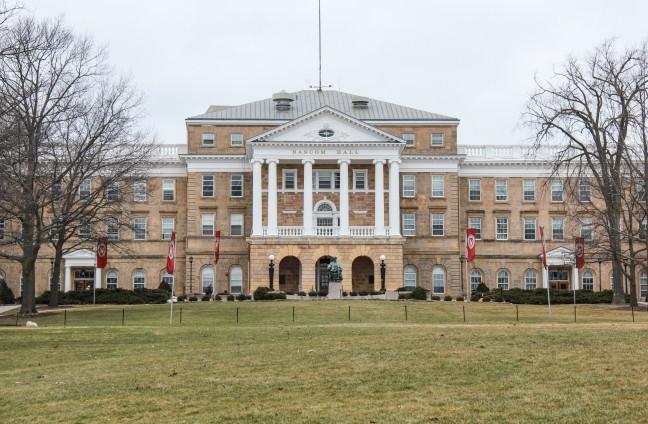University of Wisconsin professor Akbar Sayeed is expected to return in January 2020 after a two-year unpaid leave due to “abusive” lab conditions, according to the Wisconsin State Journal.
Details of the professor’s behavior emerged in 2016 when graduate student John Brady died by a suicide possibly correlated to his involvement in Sayeed’s “toxic” and “abusive” lab, the WSJ reported.
In response, the university formalized their policies for graduate student oversight. The details are available in a report and on their HR website.
During the time of his leave, Sayeed worked a short-lived position with the National Science Foundation, which was uninformed of Sayeed’s behavior at that time.
NSF admitted to hiring Sayeed on false pretenses. They said UW did not release the full records of Sayeed’s employment and subsequent leave to them.
“When NSF received complete information, we terminated Dr. Sayeed’s assignment,” Amanda Hallberg Greenwell, head of NSF’s Office of Legislative and Public Affairs, said in a statement to the WSJ.
Jim Brady, the father of John Brady, expressed surprise upon learning of the position Sayeed acquired during what was supposed to be his punishment period. Brady said working for the NSF kept Sayeed from any real consequences from the incident, according to the WSJ.
Sayeed sent a written apology to UW where he took full responsibility for his detrimental actions in the lab, but would not admit to abusing the power offered to him as a professor.
According to the WSJ article, safety measures will be in place when the tenured professor regains his position at the College of Engineering. These measures include setting up an outside supervising committee for students, should Sayeed continue to lead research groups.
Graduate School Dean William J. Karpus said in the statement that currently, UW is increasing its investment in graduate assistants by offering higher overall stipends in order to demonstrate how important they are to the university.
At the same time, Karpus said students’ well-being remains the top priority, and his administration seeks to prevent similar incidents from happening in the future and protect student employees.
Karpus also referenced the Graduate Assistantship Policies and Procedures, and said this revised document outlined the rules for graduate student employment and research, and would have a long-term, positive impact on the graduate student community.
“The new GAPP document also provides the benefit of clear employment policies to protect student employees and guide the important work they do to advance the mission of our university,” Karpus said.


